- A Glimpse Into the 2026 Arakan State Parliament
- Junta airstrikes target military outposts seized by Arakan Army in Arakan State
- Motorbike spare part prices skyrocket in Arakan State amid tighter traffic rules
- Kyauktaw IDP camps struggle with inadequate latrines
- Religious freedom, interfaith harmony expand in areas controlled by AA in Arakan State
Camp managers in Mrauk-U Twsp expect site visits to probe why IDPs remain
A joint team including Tatmadaw and police personnel as well as township and ward administrators will “inspect” 15 camps for internally displaced people (IDPs) in Mrauk-U Township, with camp managers anticipating that the visits will focus on why the IDPs present have not returned to their homes.
06 Jan 2021
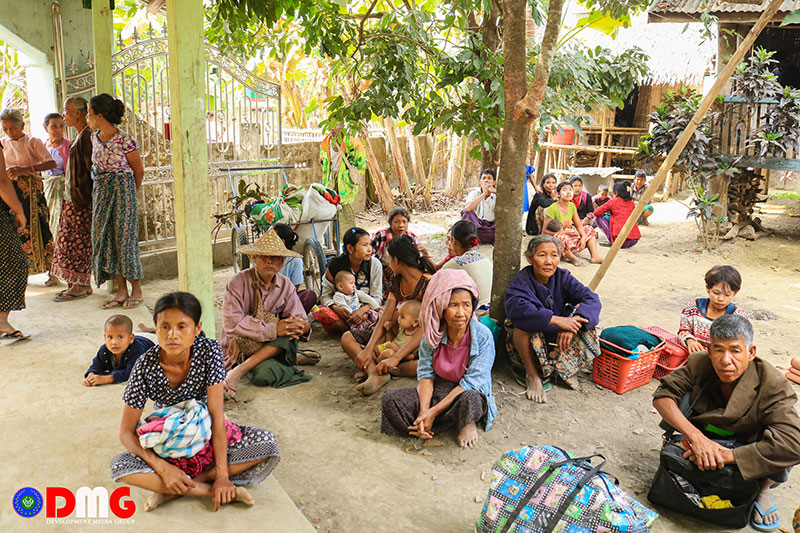
Hnin Nwe | DMG
6 January 2021, Sittwe
A joint team including Tatmadaw and police personnel as well as township and ward administrators will “inspect” 15 camps for internally displaced people (IDPs) in Mrauk-U Township, with camp managers anticipating that the visits will focus on why the IDPs present have not returned to their homes.
U Kyaw Min, manager of an IDP camp at Let Kauk Zay Monastery, said he had submitted a list of camp residents to the Arakan State government through the township administrator, and that he believed authorities would come to probe why IDPs had not returned home.
“I was told to ask IDPs why they did not return home and to submit their answers to the authorities. Some people dare not return home as they are afraid of the Tatmadaw columns near their village. Some families do not want to return home because they do not have a job to earn money,” he explained.
“They will come and inspect the situation on the ground depending on their response. We have prepared for their inspections,” he added.
On January 4, the Mrauk-U Township administrator sent a letter about authorities’ planned inspections of 15 IDP camps including Tin Nyo and Let Kauk Zay.
Ko Nyi Pu, manager of Sin Baw Kaing IDP camp, told DMG that the letter said provisions would be provided to the IDPs, but that many were worried authorities might have ulterior motives for entering the encampment.
“IDPs are afraid when they hear authorities including members of the Tatmadaw are to inspect IDP camps,” he said. “Currently, the government does not provide food supplies. So, IDPs are worried that authorities will do something during inspections. The letter told camp managers to work with the authorities.”
U Kyaw Min of the Let Kauk Zay camp said some IDPs are returning home temporarily to cultivate farmlands, but with no specific date known for authorities’ expected visit, they are concerned that they will miss the potential delivery of food supplies and other provisions while they are away.
Ko Shwe Than Kyaw, information officer for the Mrauk-U Youth Association, said inclusion of Tatmadaw members in the inspection team could cause stress for IDPs.
“Some IDPs fled from home to save their lives, so they could not take ID cards and household list documents,” he explained. “Some followed other people who are not their own family so they do not have ID cards and are not included in their household list. Some IDPs want to know what will be inspected by the authorities. It makes them suffer stress.”
DMG made numerous phone calls to the Mrauk-U District police station, the township administrator and the Arakan State minister for Security and Border Affairs to ask when authorities would undertake inspections and what form those inspections would take, but they could not be reached.
Due to conflict between the Tatmadaw and Arakan Army, the number of IDPs in Arakan State topped 235,000 in October, before falling to below 200,000 as IDPs have returned to their homes in the absence of fighting over recent weeks. The remaining displaced populations continue to face significant hardship, however, struggling to meet basic needs such as food, accommodation and healthcare.




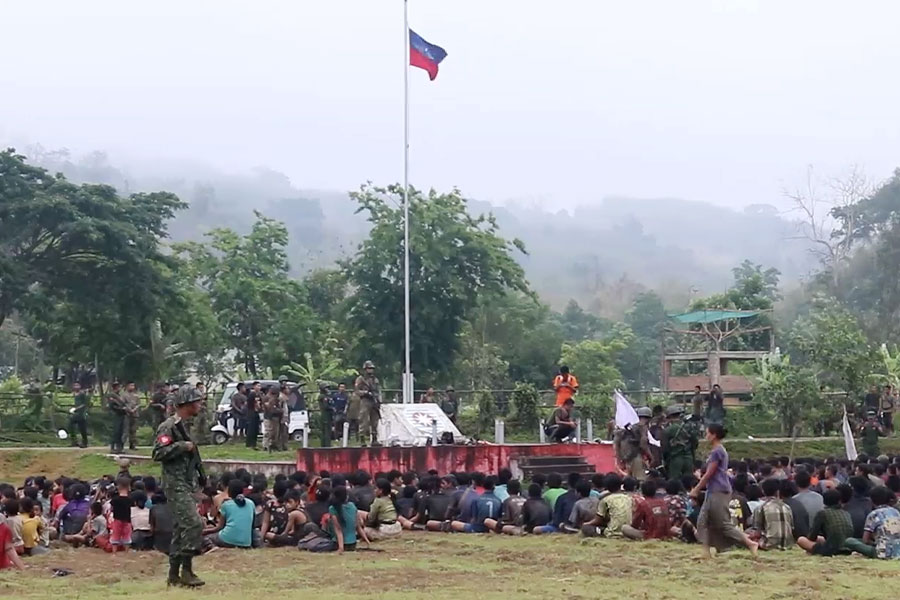
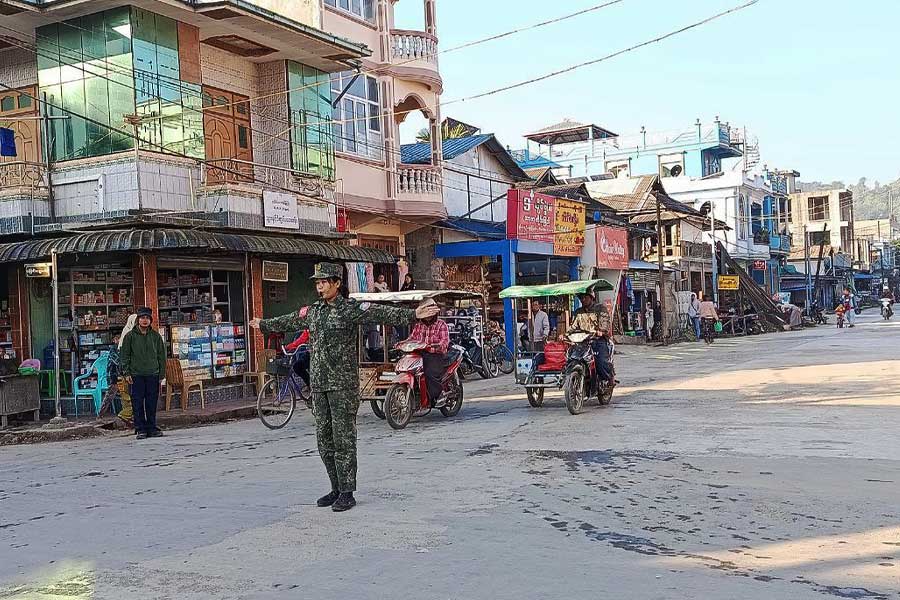
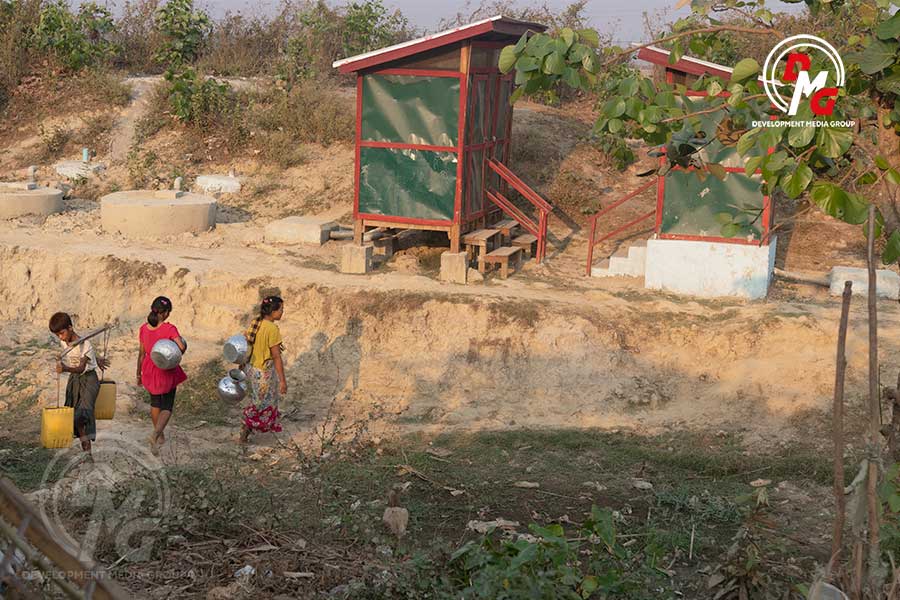
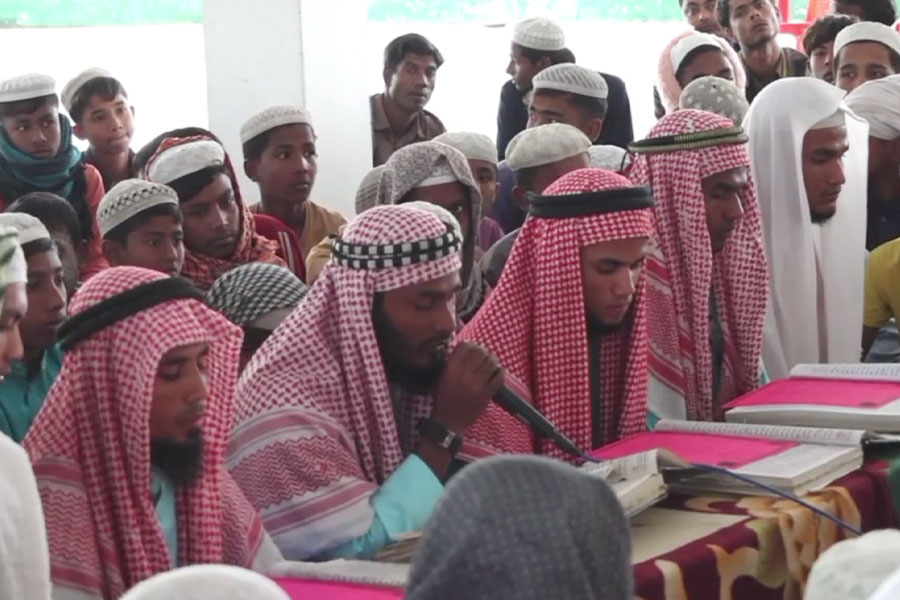
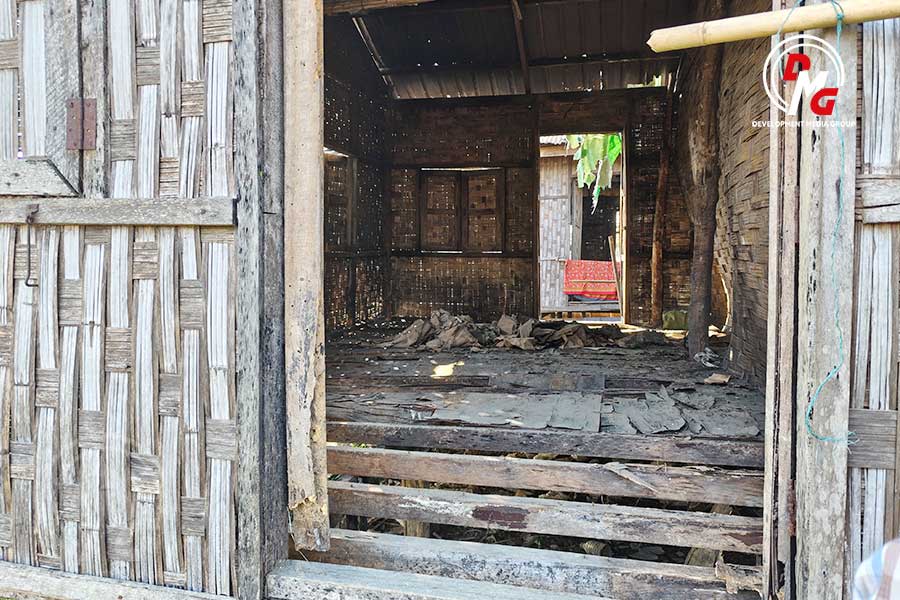







.jpg)
